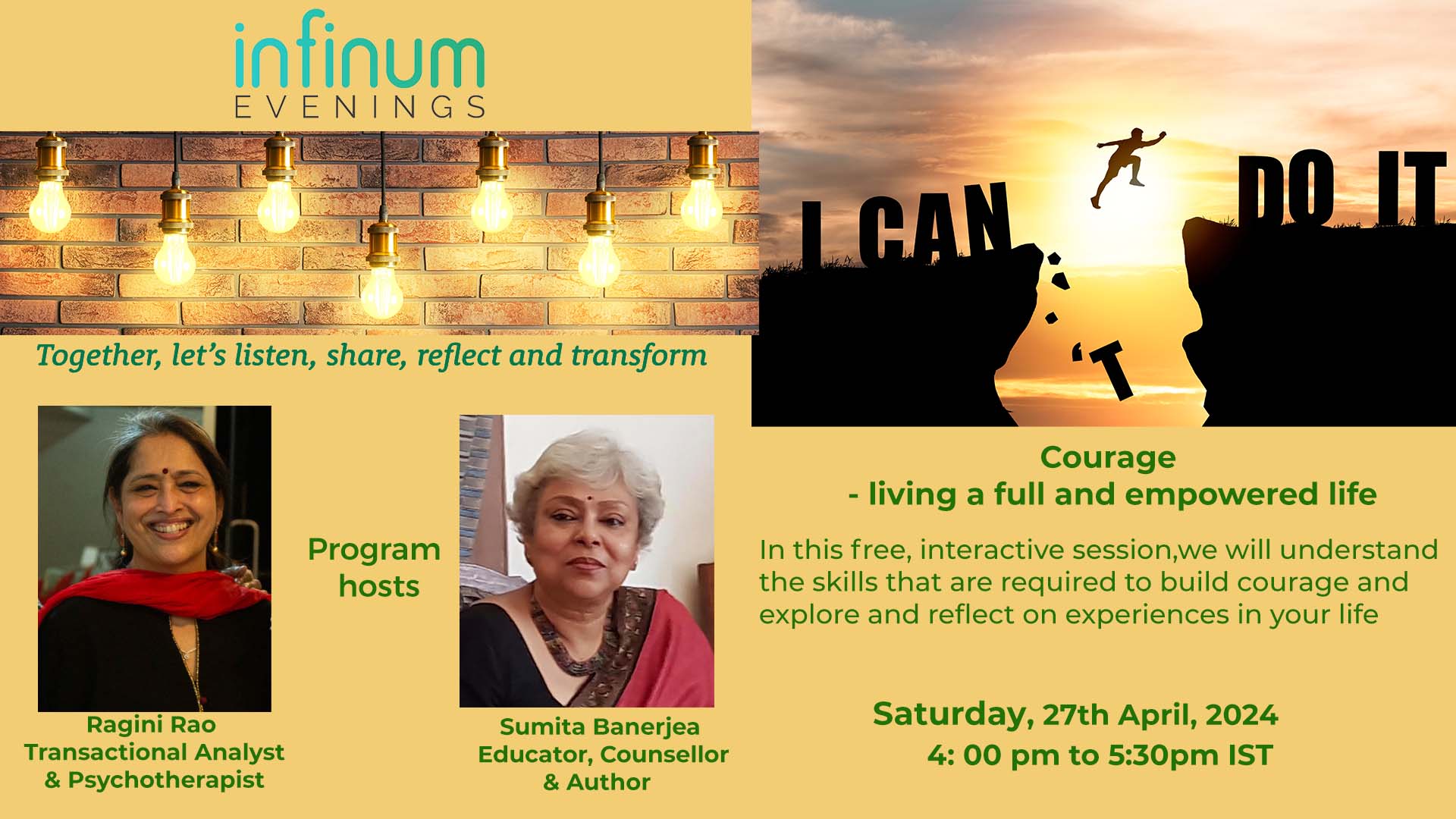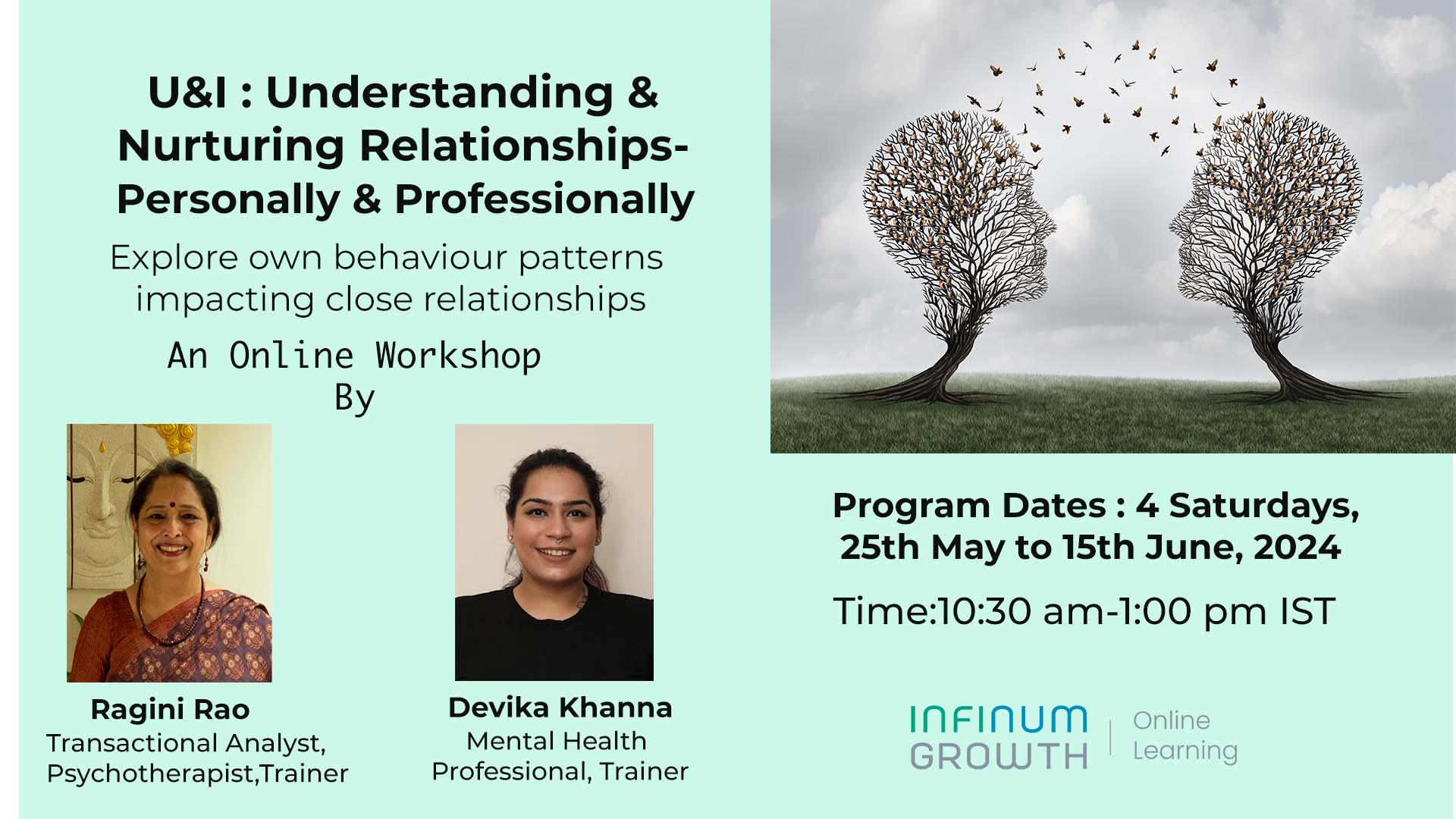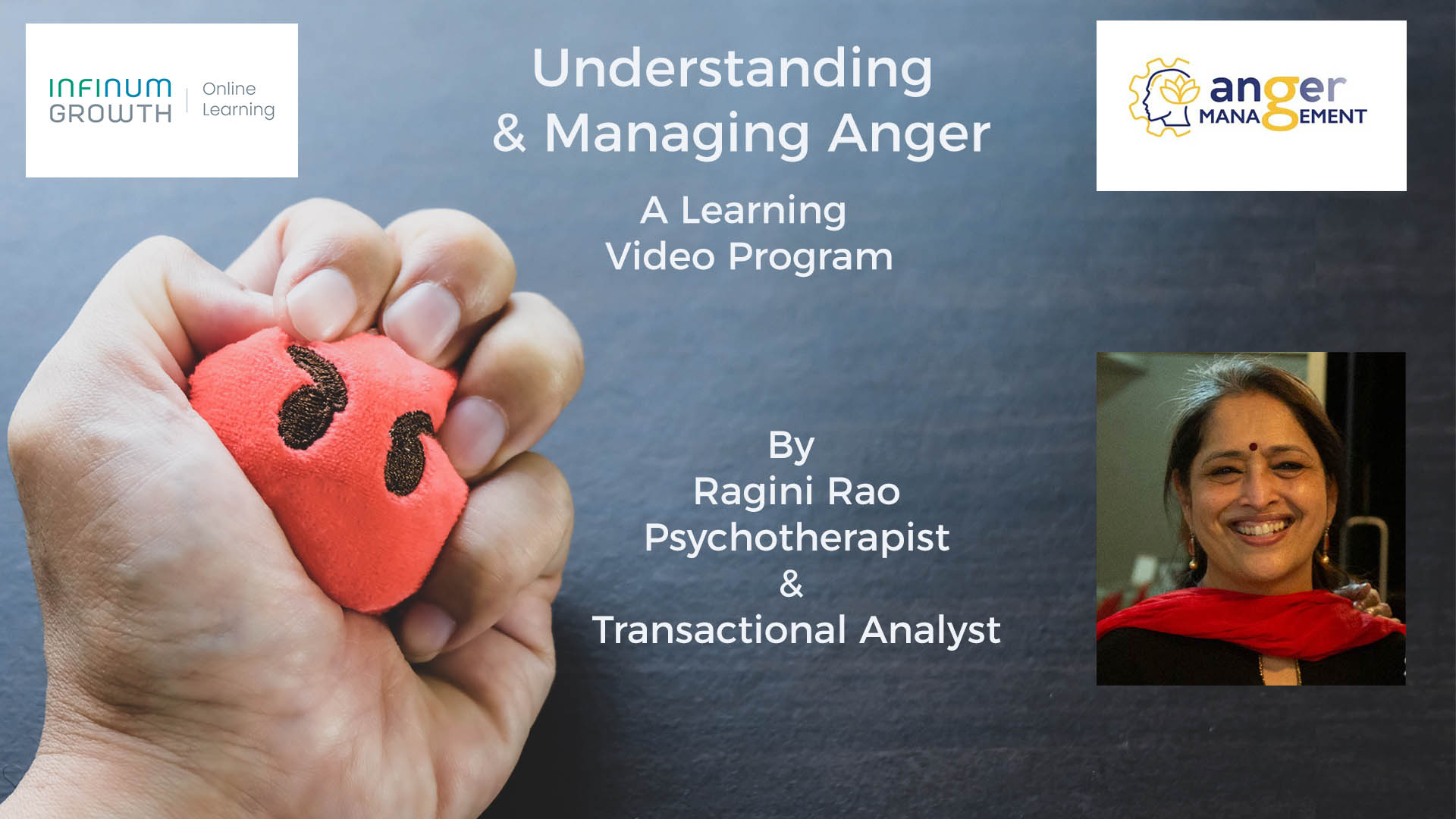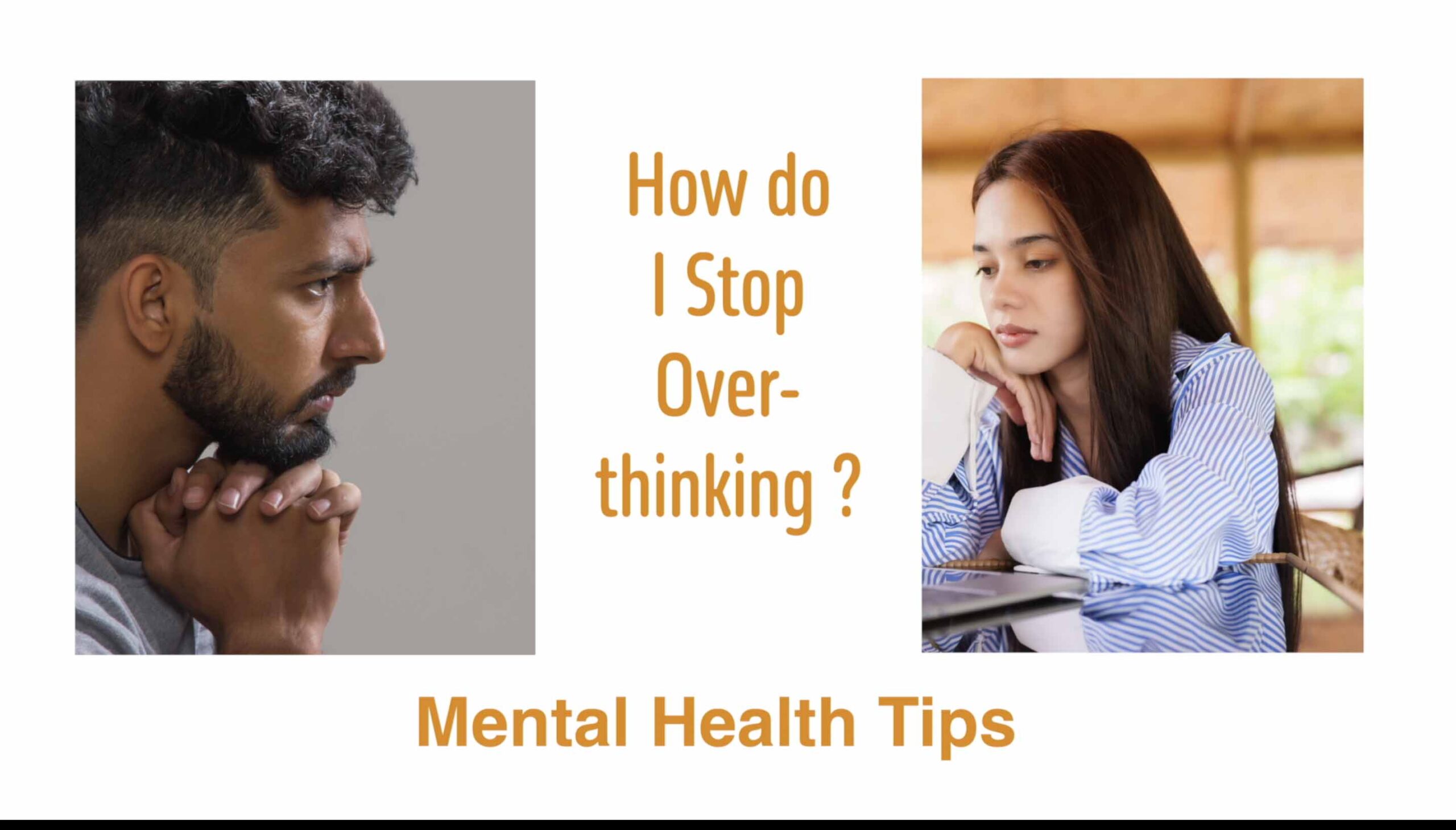Nature developed our emotions over millions of years of evolution to act as a guiding system. Emotions form a significant part of our lives. They manifest themselves through four basic feelings of
Joy, Sadness, Anger and Fear
Each emotion has a function-a purpose and meaning, helping us cope at with different situations in life.
The following are six important ways in which emotions help us
- Survival– Our emotions alert us when our natural human needs are not being met.
- When we feel fear, our emotions are telling us that we may be in danger. It is fear of being hit by a vehicle while crossing the road, for example, that alerts us to be careful and take care of our safety.
- Likewise, when we feel sad due to rejection, it is an indication that our need for connecting with others has not been met.
- When we feel angry because of humiliation, we know that our need of respect has been violated.
- Decision Making-Our emotions are a valuable source of information. They help us make decisions.
- Studies show that when a person’s emotional connections are severed in the brain, he cannot make even simple decisions. Why? Because he doesn’t know how he will feel about his choices.
- Our feelings of being pleased, disappointed, angry or afraid about something push us to take decisions accordingly.
- Drawing Boundaries– emotions are an excellent clue to how we feel in relationships.
- All of us, at any time, have different feelings for different people. There are some people in our lives we feel really comfortable and have joy being with them.
- There are others with whom we feel a sense of discomfort and feel unsafe.
- This discomfort is not only at a physical level but also at an emotional level.
- The awareness of feelings helps us to set our boundaries with people whom we can trust and those who we cannot.
- Communication– Our emotions help us communicate with others.
- Research indicates that 90% of our communication is non-verbal. Our facial expressions, for example, can convey a wide range of emotions.
- If we look sad or hurt, we are signaling to others that we need their help.
- If we are verbally skilled we will be able to express more of our emotional needs and thereby have a better chance of being understood by others.
- If we are effective at listening to the emotional troubles of others, we can help them feel understood, important and cared about.
- Happy Living– The only real way to know that we are happy is when we feel happy.
- Happiness makes us feel content and fulfilled. This feeling comes from having our needs met, particularly our emotional needs.
- We can be warm, dry, and full of food, but still unhappy.
- Our emotions and our feelings let us know when we are unhappy and when something is missing or needed.
- The better we can identify our emotions, the easier it will be to determine what is needed to be happy.
- Uniting the Human Race– Our various national, racial, religious, cultural and political beliefs have not really united us.
- Far too often, in fact, they have tragically and even fatally divided us, by inciting emotions of fear or anger.
- However, if handled well, our emotions are perhaps the greatest potential source of uniting all members of the human species.
- The emotions of empathy, compassion, cooperation, and forgiveness, for instance, all have the potential to unite us as a species.
- It seems fair to say that, generally speaking:Limiting beliefs divide us. Positive emotions unite us.
In conclusion the feeling of sadness helps us to grieve our losses, anger helps us to become aware of any injustice that could be happening to us, fear helps us to seek safety and joy allows us to enjoy and celebrate life!
Emotions when allowed to be expressed legitimately, allow us to lead a balanced life and build healthy organisations and societies.
Please do leave your comments at the bottom and do share with others if you like this article.














